
On the eve of International Women's Day, women have only led 87 countries, and a woman or girl is killed every 10 minutes by a partner or family member.. and increasing levels of violence in conflict zones and unstable situations

- Europe and Arabs
- Friday , 7 March 2025 12:28 PM GMT
New York: Europe and the Arabs
Thirty years after the historic Beijing Declaration, which laid out a roadmap for women's empowerment, a new UN report has shown an unprecedented increase in threats to women's and girls' rights globally, with rising levels of discrimination and declining legal protection, in addition to a lack of funding for women's support programs and institutions. According to the UN's daily news bulletin, a copy of which we received on Friday morning.
The report, which was launched by UN Women yesterday, Thursday, was titled "Women's Rights 30 Years After Beijing," and was published ahead of International Women's Day on March 8.
UN member states had agreed to review progress made in implementing the Beijing Platform for Action, and accordingly, these countries were invited to submit reports to UN Women. On behalf of the Secretary-General, the body compiled these reports – from 159 governments – into a global position and assessment of the state of gender equality and the situation of women and girls around the world.”
Sara Hendricks, Director of Policy, Programme and Intergovernmental Support at UN Women, and Papa Seck, Chief of Research and Data at UN Women, spoke to journalists in New York at the launch of the report
A woman killed every 10 minutes
The report said that nearly a quarter of governments worldwide reported attacks on women’s rights in 2024.
The report said that women led only 87 countries, and a woman or girl is killed every 10 minutes by a partner or family member. Digital technology and artificial intelligence are spreading harmful stereotypes, while the digital gender divide is limiting women’s opportunities.
A challenging global context
Papa Seck, Chief of Research and Data at UN Women, said the report highlights an increasingly challenging global context. Complex crises, including the COVID-19 pandemic, conflict and climate change, have impacted Significantly impacting gender equality. The pandemic has led to a disproportionate increase in domestic violence and women’s job losses.
Conflicts and instability can lead to increased levels of gender-based violence against women and girls. The number of women living in conflict zones has increased by more than 50% since 2010, with a 50% increase in conflict-related sexual violence in 2022. Climate change threatens to push 256 million women and girls into food insecurity by 2050.
Progress to be recognized
On the other hand, the report shows progress since the Beijing Declaration in 1995. Parity in girls’ education has been achieved and maternal deaths have fallen by a third. Women’s representation in parliaments has doubled, and countries continue to remove discriminatory laws, with 1,531 legal reforms between 1995 and 2024 in 189 countries and territories. The report shows that when women’s rights are fully supported in their countries, families, communities and economies, they thrive. However, significant efforts are still needed to achieve gender equality and bring us closer to the 2030 Agenda for Sustainable Development.
6 Actions to ensure success
Sarah Hendricks spoke of “increasingly violent attacks” on gender equality, saying that “well-funded and coordinated anti-rights actors are actively undermining long-standing consensus on women’s rights issues.” This hinders legal and political implementation.
In response, UN Women is proposing the Beijing+30 Platform for Action, which calls for concrete actions to accelerate progress towards the Sustainable Development Goals. The report also calls for a focus on six actions:
A digital revolution for all women and girls
Freedom from poverty
No violence
Full and equal decision-making power
Peace and security
Climate justice
A pivotal year for women
The report explained that putting young women and girls at the heart of our efforts is the best way to ensure success, today and tomorrow, noting that these actions have the potential to unleash progress in women’s rights and put us back on track to the 2030 Agenda.
Sarah Hendricks described 2025 as a pivotal year for women and girls, and it is also a year of violent negative repercussions and unprecedented crises, calling for us to push women’s rights forward to create a world in which all women and girls enjoy equal rights and opportunities.


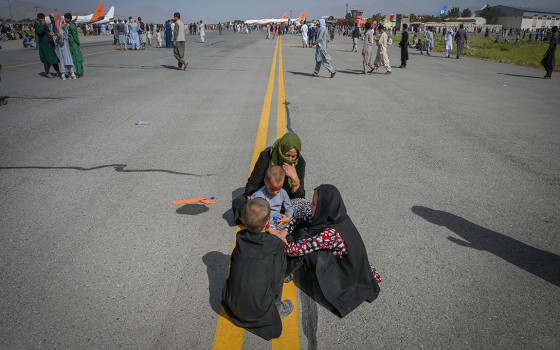
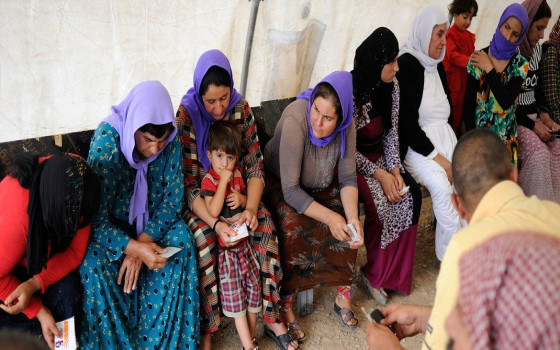
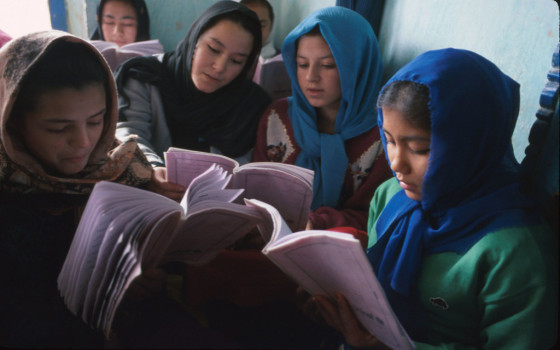
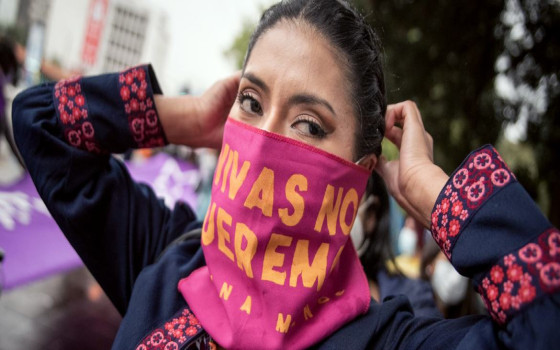
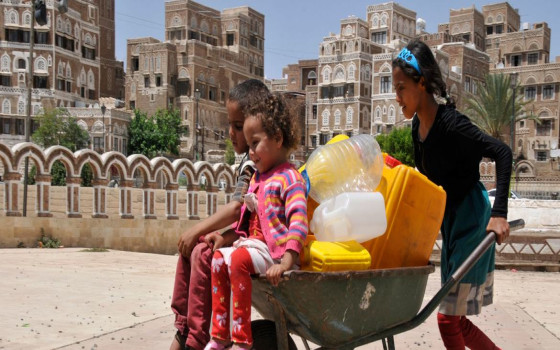
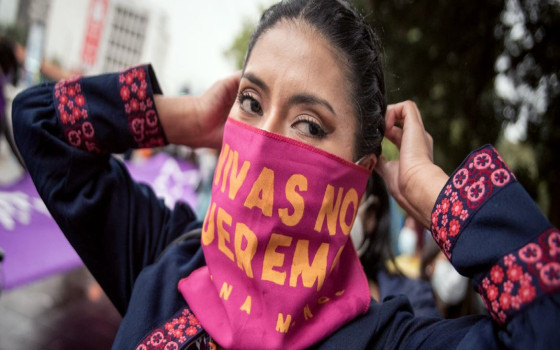
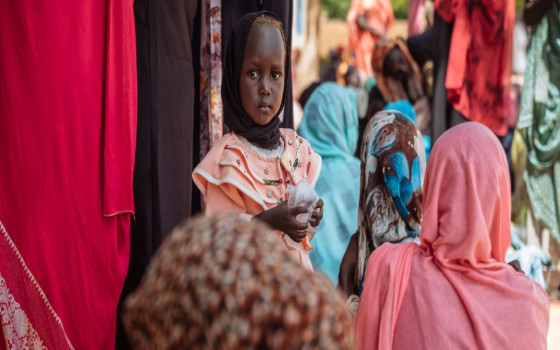

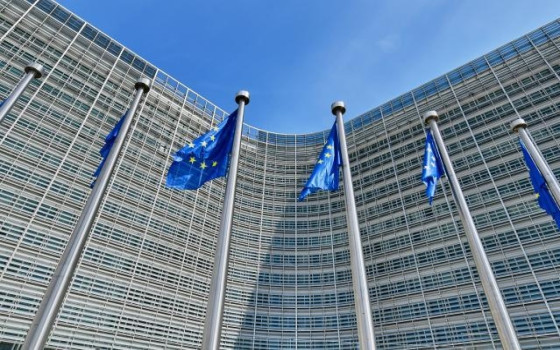

No Comments Found